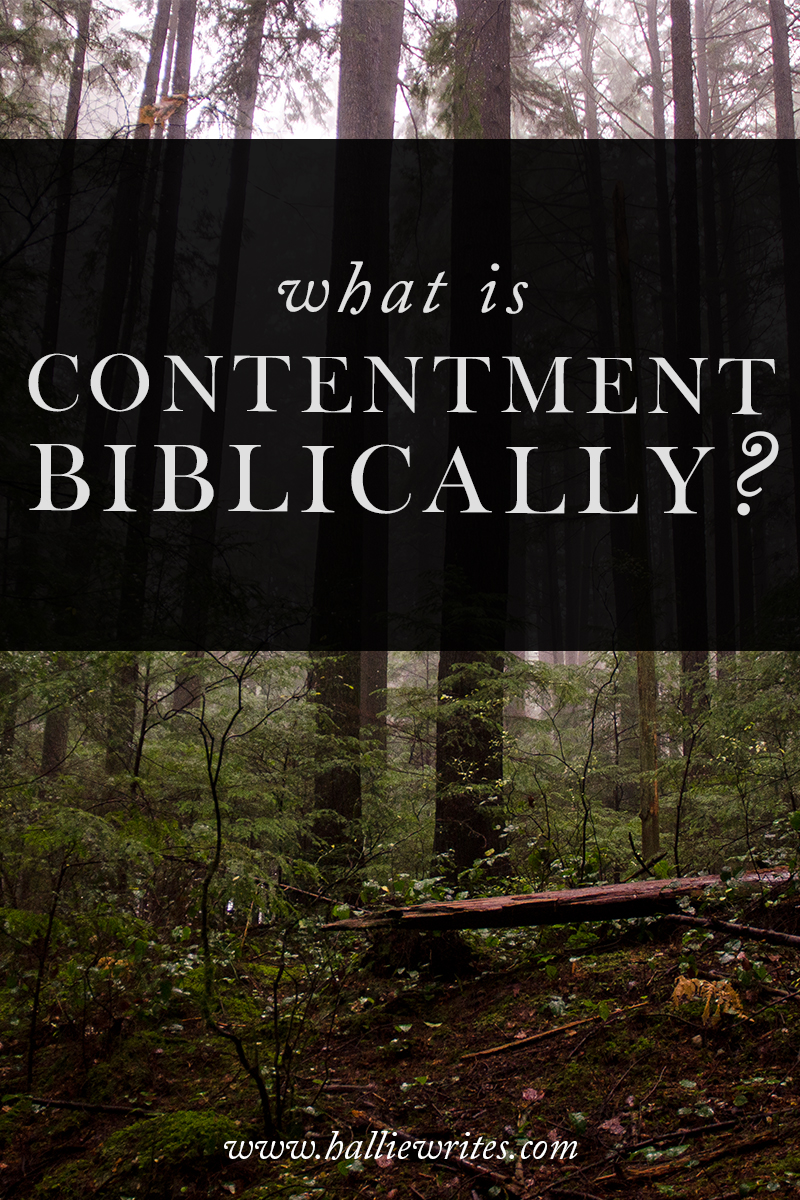who do you say that I am?
/One of my favorite stories in the Bible - and one I’ve written about several times before - is the disciple Peter’s confession of the Christ in Matthew 16.
Now when Jesus came into the district of Caesarea Philippi, He was asking His disciples, “Who do people say that the Son of Man is?” And they said, “Some say John the Baptist; and others, Elijah; but still others, Jeremiah, or one of the prophets.” He said to them, “But who do you say that I am?” Simon Peter answered, “You are the Christ, the Son of the living God.” And Jesus said to him, “Blessed are you, Simon Barjona, because flesh and blood did not reveal this to you, but My Father who is in heaven. I also say to you that you are Peter, and upon this rock I will build My church; and the gates of Hades will not overpower it. I will give you the keys of the kingdom of heaven; and whatever you bind on earth shall have been bound in heaven, and whatever you loose on earth shall have been loosed in heaven.”
Matthew 16:13-19
I think this story has especially hit home for me in the last year or two, because wherever I go and whatever I do, I seem to hear echoes of the same question: “But who do you say that I am?” It’s a query that inevitably becomes louder and more urgent when life grows darker and more uncertain, because the answer holds the key to everything - literally. As A.W. Tozer famously said, “What comes into our minds when we think about God is the most important thing about us.”
Why is that? Because how we define our God, how we identify Him, will inevitably define and identify us.
It was only when Peter said “You are the Christ, the Son of the living God” that Jesus replied, “I also say to you that you are Peter, and upon this rock I will build My church.”
Peter’s whole identity hinged on how he identified his Lord, right down to his future calling, his spiritual power, his brazen courage, and his eternal hope.
God has been asking me: “Who do you say that I am?” I thought I had answered this question before, but in reality I was still answering the first question - “Who do people say that I am?”
People say You are Yahweh, the perfectly loving and perfectly holy God of Israel and King of the universe. That’s what I’ve always learned, that’s what I read in the Bible, that’s what I was told in Bible school.
“But who do you say that I am?”
I wish that my answer to this question was always as confident as the other - even when I’m lost in worry and fear, or even when I’m walking through the valley of the shadow. But many times it isn’t (and clearly, if we keep reading in the Gospels, neither was Peter’s).
I may not achieve a perfect, unfailing faith in this life, but there is one place I know that I can turn when my answer to this question is shaky or, God forbid, untrue. And that is to the Word of God where He has chosen to reveal who He is - where He has painted a picture of His character using the vivid colors of His beautiful attributes.
I believe that the Bible is the story of who God is. That’s why I value it so much, and why I am still hungry to read it after six years of nonstop study. I am hungry for the true answer to this all-important question - the answer that never fails, even when I do.
How we see God is an inextricable part of our identities. Are we going to be people of fear who see God as angry and vindictive? People of shame who see God as distant and judgmental? Or people of faith who know that God is, for reasons we can’t possibly comprehend, truly compassionate toward every facet of our being and lovingly sovereign over even the minute details of our lives?
Who do YOU say that He is?
Maybe God is asking you this question too. Maybe you don’t know your answer. If that’s the case, I’d love to have you join me in reading through the Bible in 2019. It’s a 180-day challenge that will guide you from Genesis to Revelation with a focus on who God is as He has revealed Himself in Scripture. You can sign up easily below, or learn more by clicking here.





